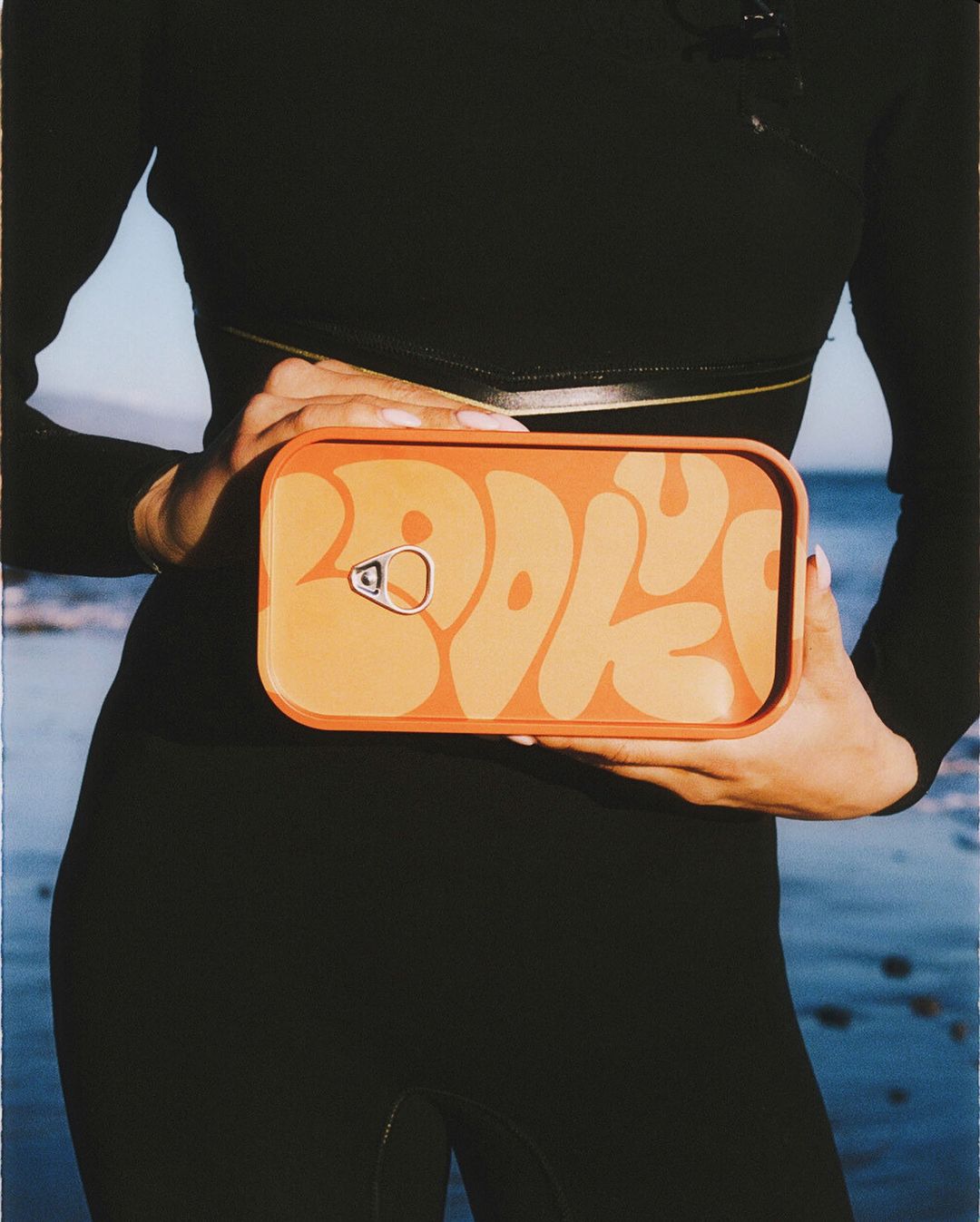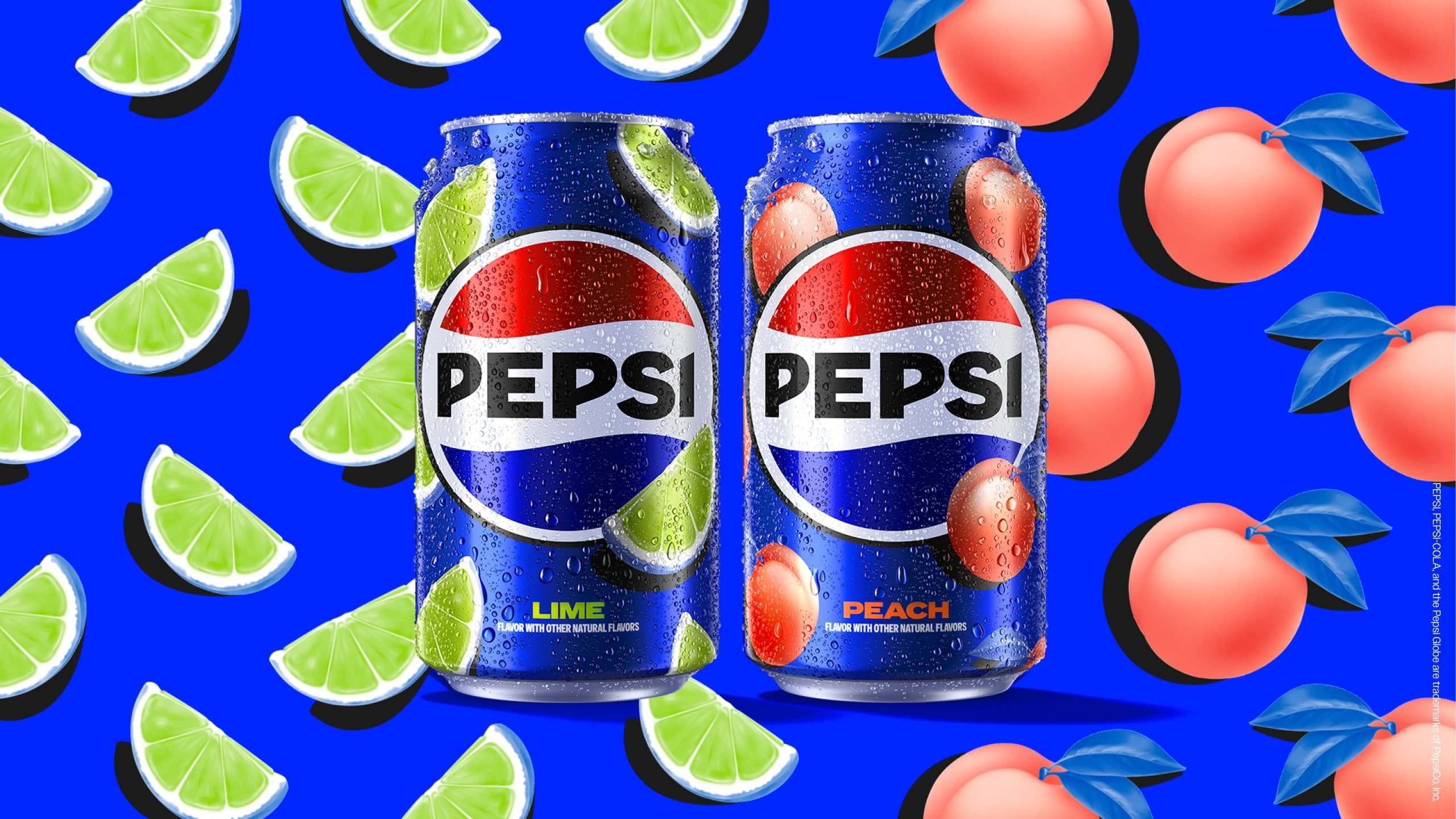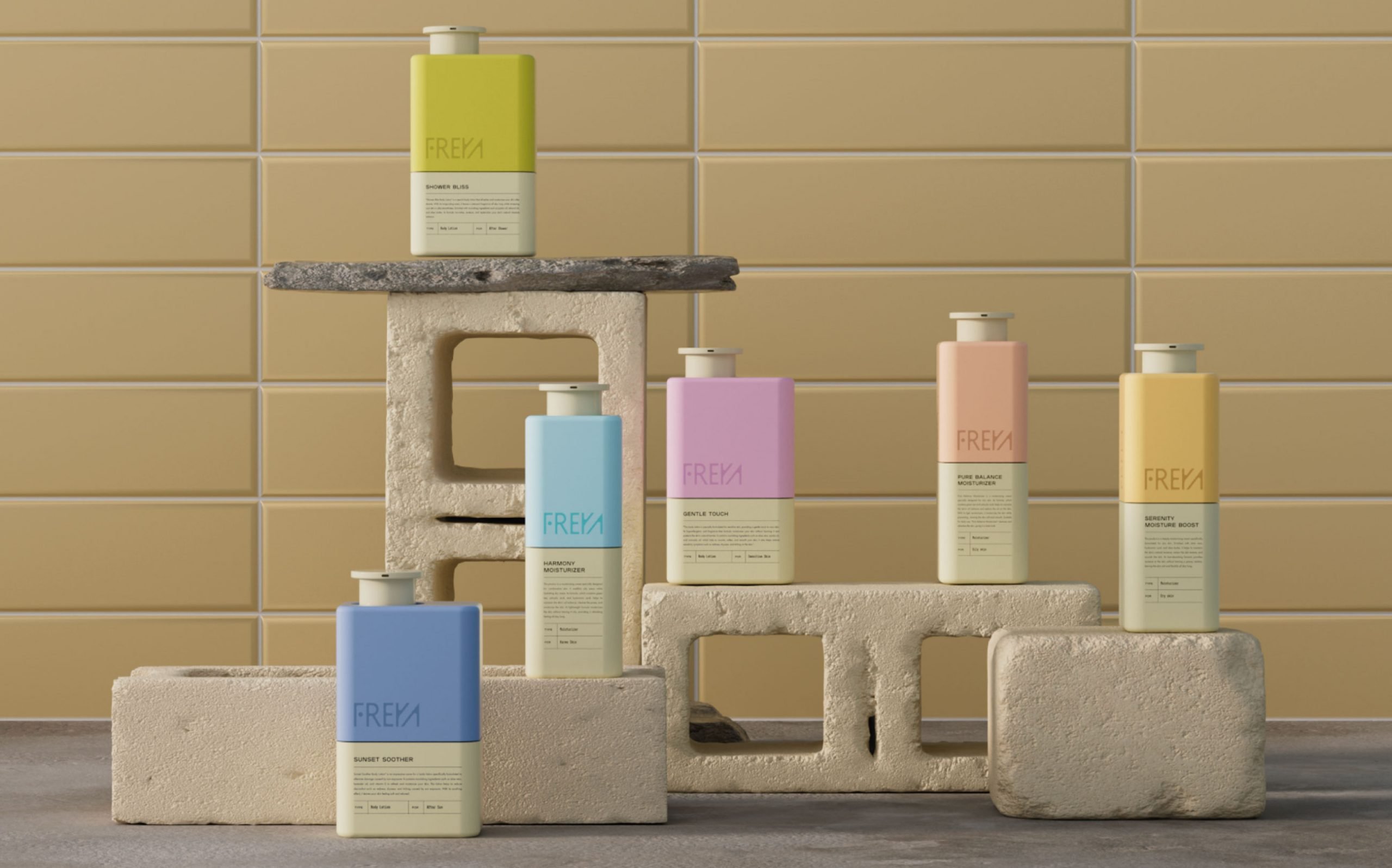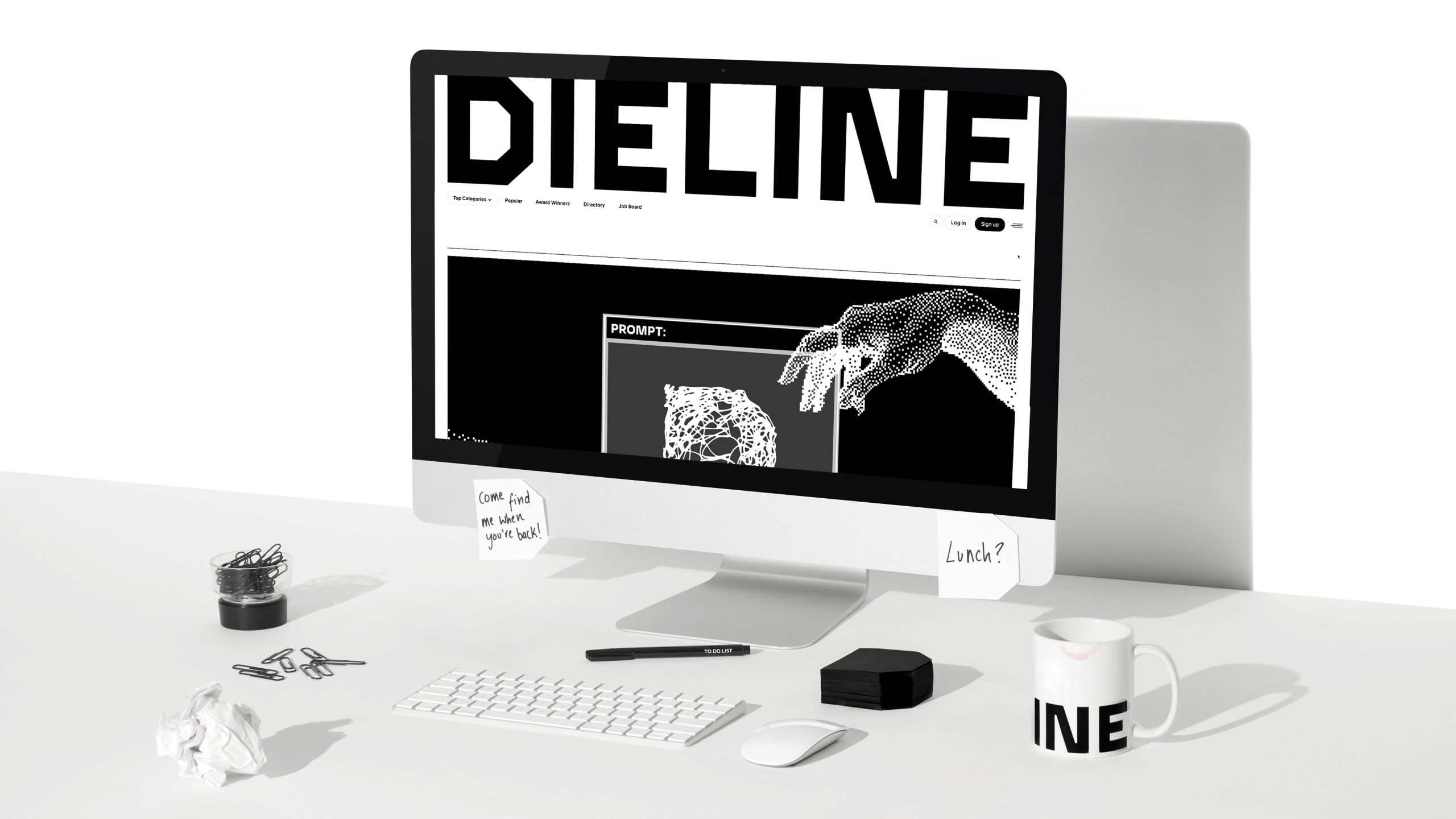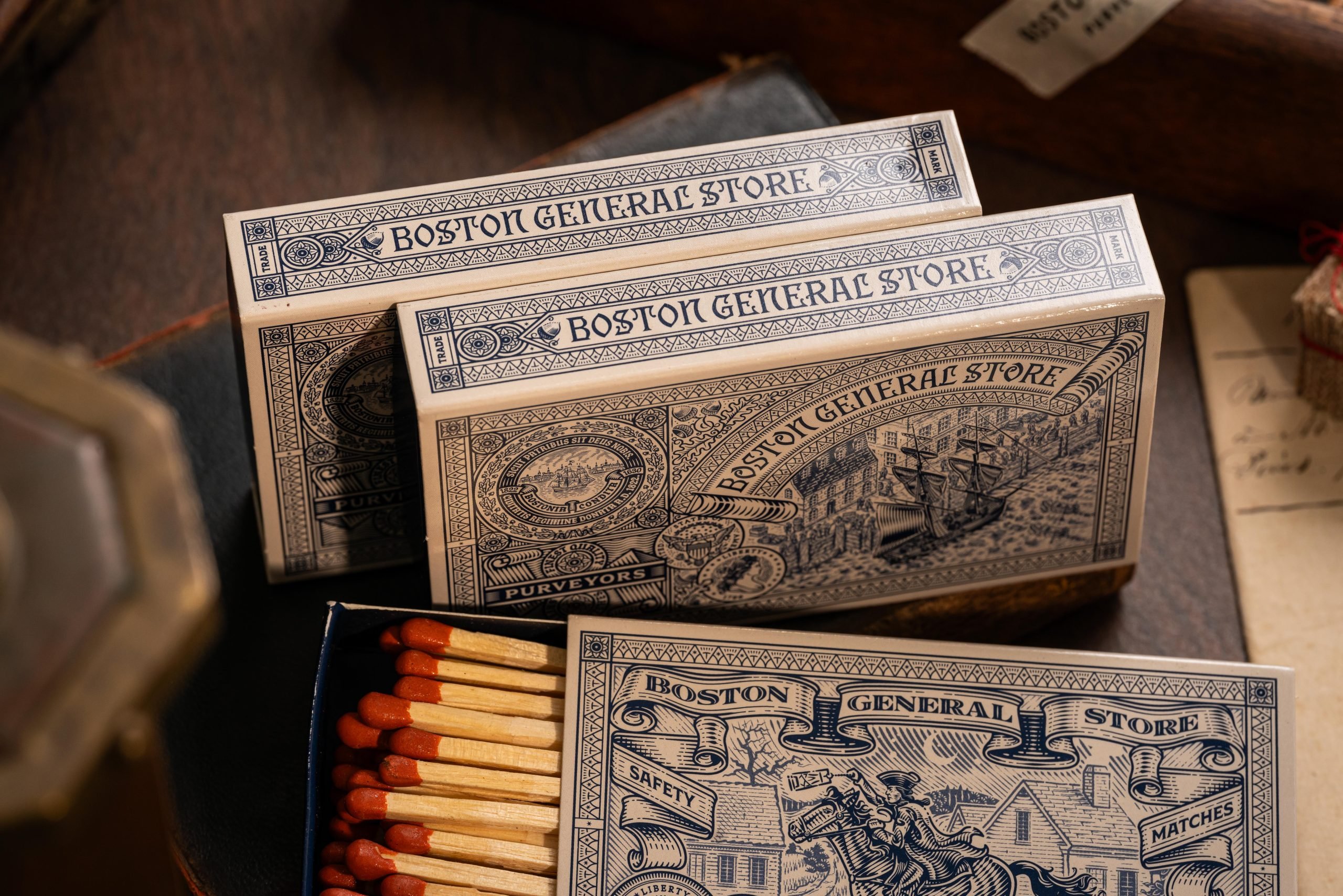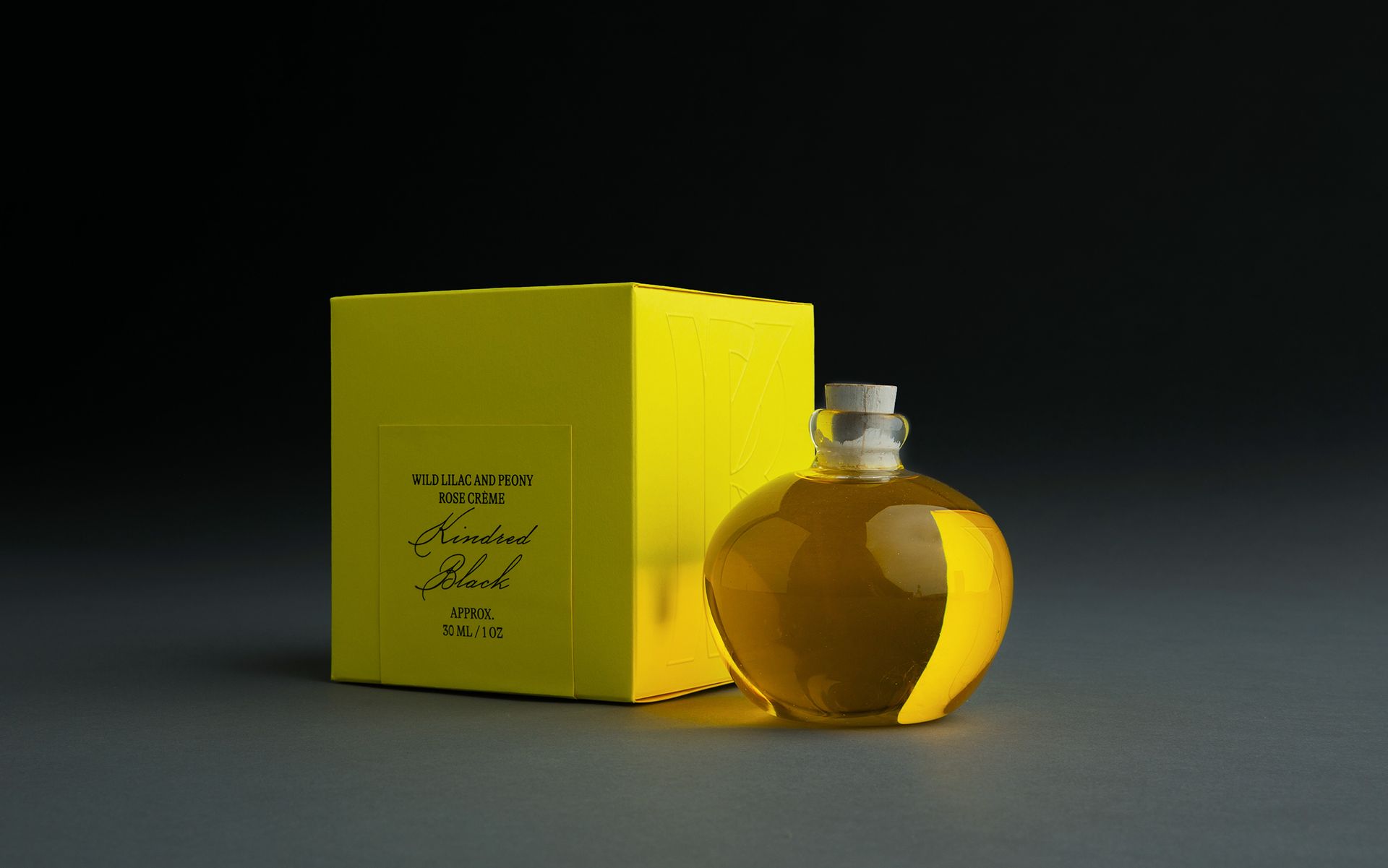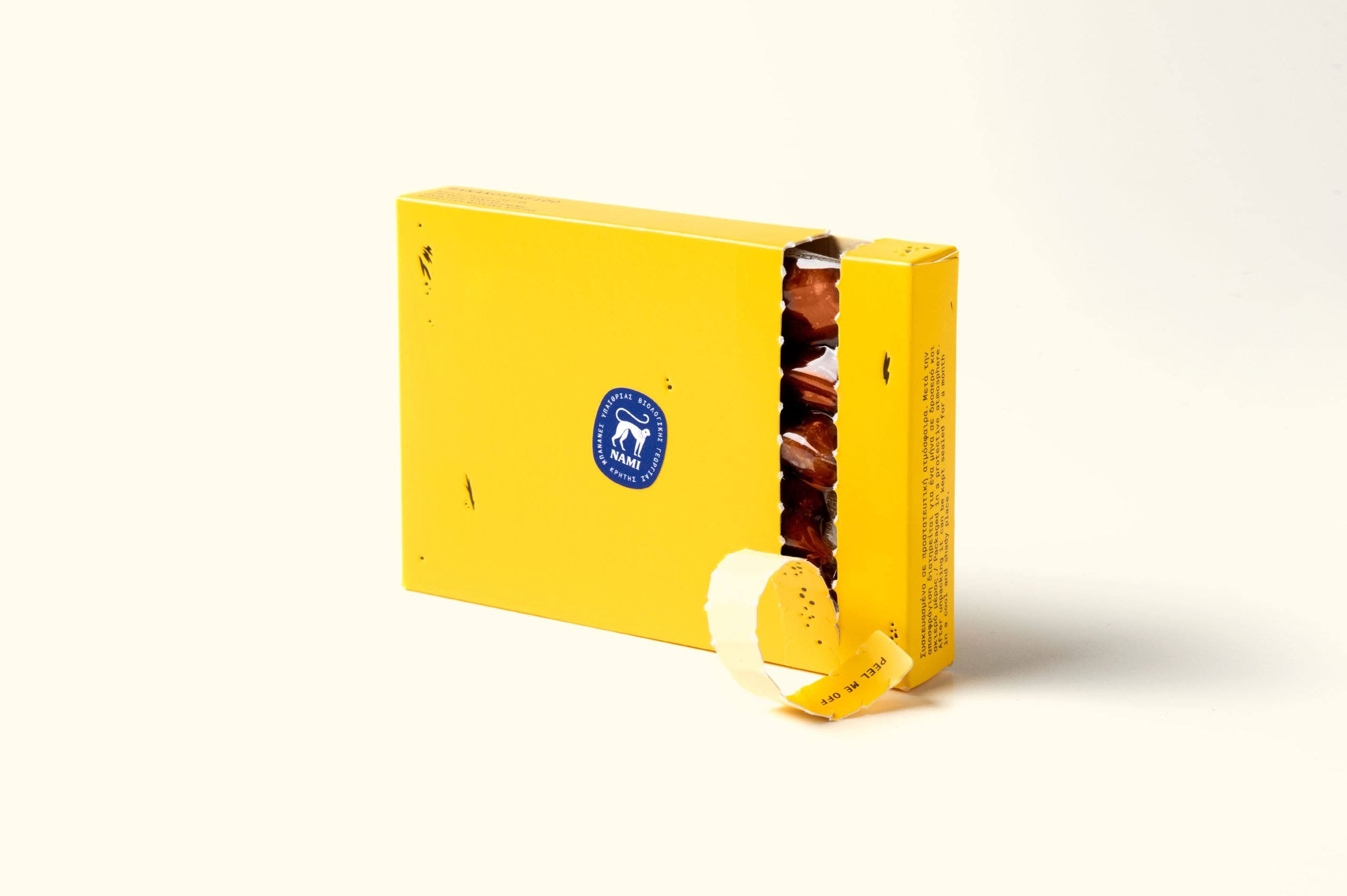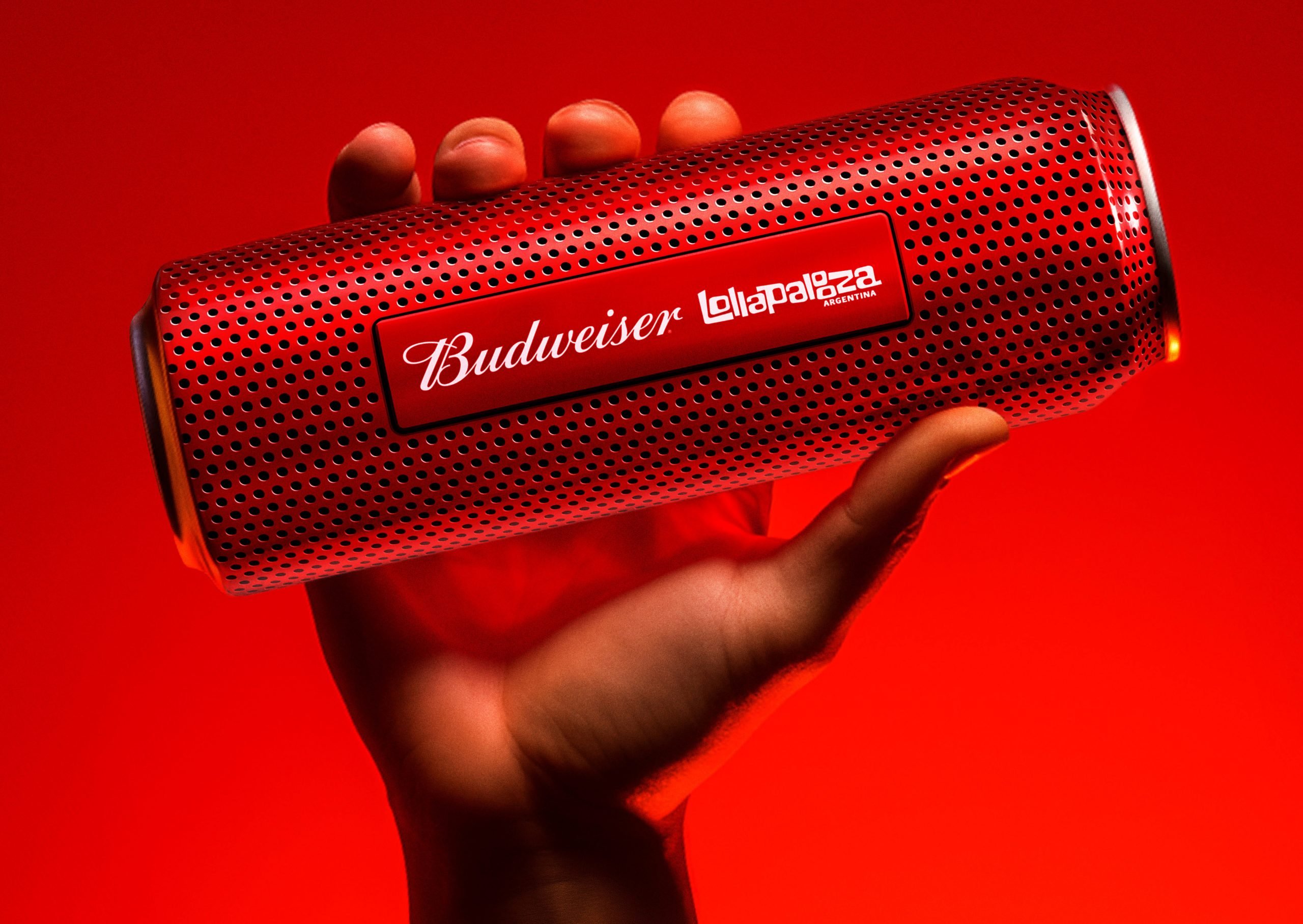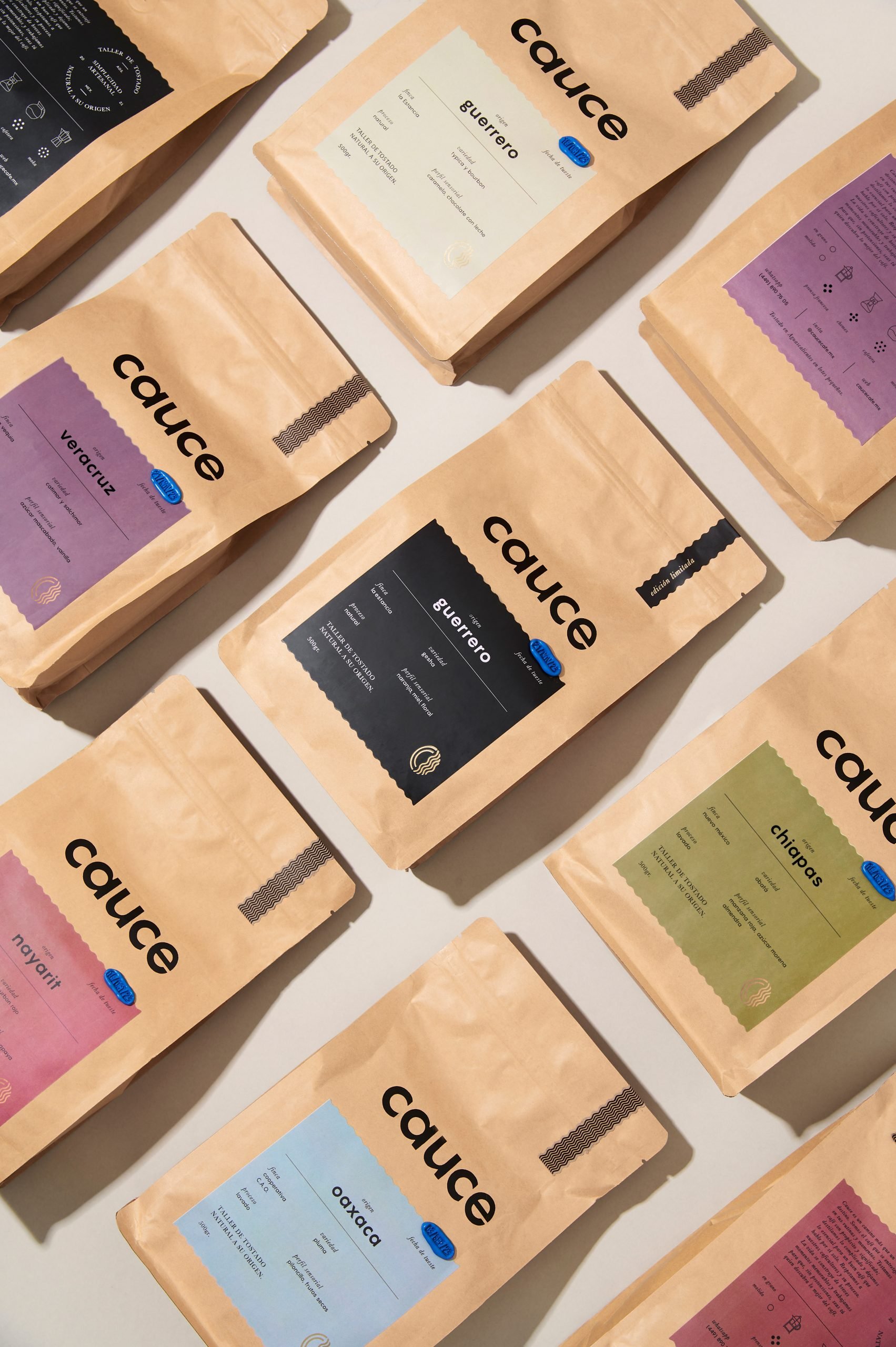By: Ben Parker
I have always believed in the incredible power of creatives. They dreamed up most of the technology we use todayâartists, writers, thinkers, visionaries, architects, and designersâwell before engineers, scientists, and businesses developed it.
Seeing is believing, and creatives have the power of vision. We can make things for real âout of thin airâmoving quickly from theory to prototype. We can cut through complexity, work at pace, and collaborate across cultural boundaries like no others. We can demonstrate how change is possible.
